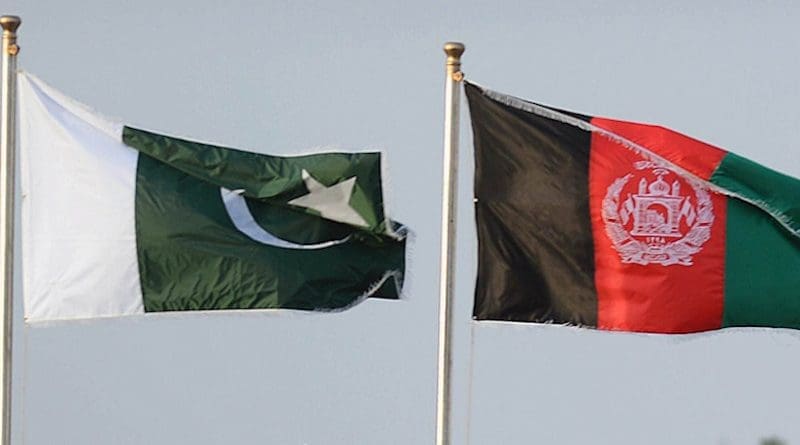Challenges In The Taliban-Pakistan Relationship: A Multifaceted Struggle – OpEd
By Anwar Iqbal
The historical relationship between the Taliban and Pakistan has been complex, marked by periods of cooperation and strain. Recent developments highlight a series of challenges that have strained the working relationship between the Taliban and Pakistan, ranging from the presence of Tehrik-i-Taliban Pakistan (TTP) hideouts in Afghanistan to the Taliban’s human rights violations and contentious stances on education, freedom of speech, and border issues.
The presence of TTP hideouts in Afghanistan has been a persistent source of tension between Kabul and Islamabad. The Tehrik-i-Taliban Pakistan, an offshoot of the Afghan Taliban, has found refuge in Afghan territory, launching attacks on Pakistani soil. This not only poses a direct threat to Pakistan’s security but also strains the bilateral relationship as Pakistan seeks action against these groups within Afghanistan.
Taliban’s Human Rights Violations
Reports of human rights violations by the Taliban have raised international concerns. From extrajudicial killings to restrictions on women’s rights, the Taliban’s actions have been widely criticized. These violations not only undermine Afghanistan’s international standing but also strain its relations, particularly with countries that advocate for human rights and democratic principles.
The Taliban’s ban on girls’ education is a contentious issue that further distances Pakistan. Education is a fundamental right, and the restriction placed on girls’ access to schooling raises questions about the Taliban’s commitment to human development. This ban not only has implications for the future of Afghan girls but also underscores ideological differences with Pakistan.
The Taliban’s restrictions on freedom of speech and media have been notable. Independent journalism is essential for a democratic society and curbing these freedoms stifles dissenting voices. This authoritarian approach raises concerns about the Taliban’s commitment to democratic principles and makes it challenging for Pakistan, which values freedom of expression, to maintain a positive relationship.
The Durand Line, a historical border demarcation, has long been a point of contention between Afghanistan and Pakistan. While Pakistan recognizes it as the international border, Afghanistan rejects this notion. The Durand Line issue symbolizes a broader challenge in defining the geopolitical boundaries, contributing to strained relations between the two.
The involvement of Afghan nationals in terrorist activities within Pakistan exacerbates tensions. Afghan nationals participating in attacks on Pakistani soil create a security dilemma and contribute to a negative perception of the Taliban’s role in regional stability. Addressing this issue is crucial for rebuilding trust and fostering a more positive relationship.
The multifaceted challenges outlined above contribute to the strained relationship between the Taliban and Pakistan. The convergence of security threats, human rights concerns, and ideological differences creates a complex landscape. Additionally, historical grievances, including the Durand Line dispute and the involvement of Afghan nationals in terrorism within Pakistan, further complicate efforts to maintain a constructive relationship.
Conclusion
The strained relationship between the Taliban and Pakistan reflects a confluence of challenges, ranging from security concerns to human rights violations. The success of future diplomatic engagements will depend on addressing these multifaceted issues. Balancing national interests, regional stability, and respect for democratic values will be essential for fostering a more cooperative relationship between the Taliban and Pakistan. As both entities navigate these challenges, finding common ground on issues such as border disputes, counterterrorism efforts, and human rights will be pivotal for regional peace and stability.

